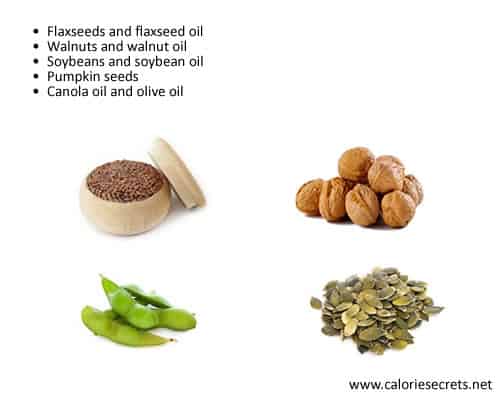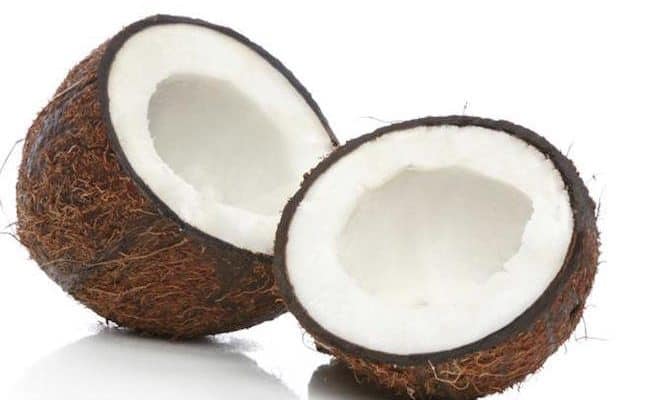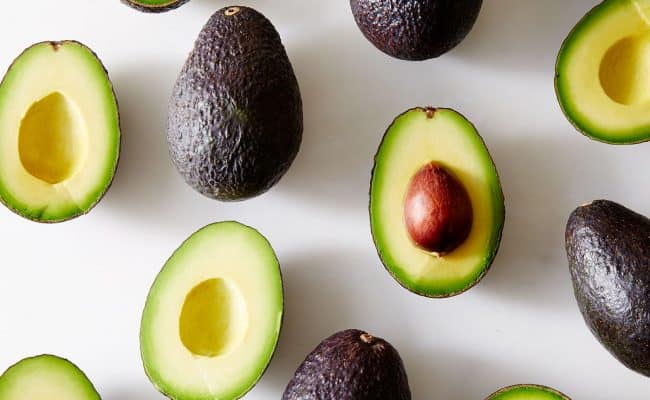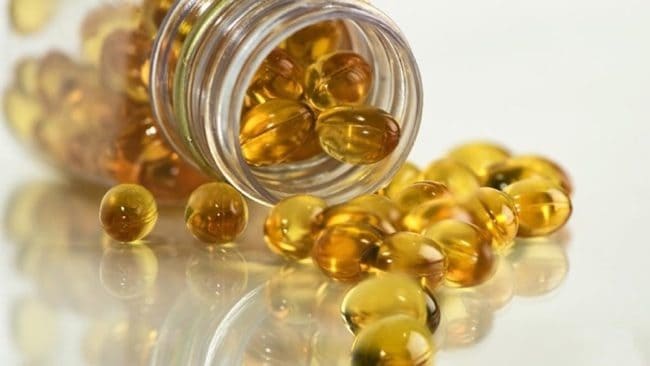
You usually hear bad things about fat; and you may think that by eating fats, you will gain weight. But, certain kinds of fats are actually good for your health, and are necessary for your body to function correctly. Omega-3 fatty acids, along with omega-6 fatty acids, are essential for people to consume and offer several benefits.
What are Omega-3 Fatty Acids?
Omega-3 fatty acids are one of the unsaturated fatty acids. ALA, EPA, and DHA make up the omega-3 fatty acid family; although ALA is the only one that is required in the diet because your body cannot produce it. EPA and DHA can be produced in the body from ALA, but it is a slow process.
Omega-3 fatty acids are considered an essential fatty acid, which means that the fatty acids must be provided by the diet in order to maintain health. Essential fatty acids form parts of vital body structures, are important for immune system function and vision, help form cell membranes, and form hormone like compounds.
As important as it is for us to consume omega-3 fatty acids in our diets, many Americans don’t consume enough in their diets, and, instead, are consuming an increased amount of omega-6 fatty acids, which is another essential fatty acid.
What are the benefits of eating omega-3 fatty acids?
Omega-3 fatty acids offer several benefits, and are especially beneficial to the heart. Regularly consuming omega-3 fatty acids can:
- Reduce the risk of heart attack
- Regulate heartbeat and protect against sudden death
- Decrease plaque formation in arteries
- Lower blood pressure
- Decreases the risk of having a stroke
An article, published in the American Journal of Clinical Nutrition, reviewed several studies that looked at the relationship between consumption of dietary omega-3 fatty acids and cardiovascular disease. Most of the studies found that fish oil significantly reduced mortality, heart attacks, cardiac and sudden death and stroke.
Another study found that higher intakes of ALA, including oil and vinegar salad dressing, was associated with a lower risk for fatal ischemic heart disease.
According to the Dietary Guidelines for Americans 2005, eating about 8oz of fish per week may contribution to the reduction of the risk of death from coronary heart disease. Also, consuming EPA and DHA minimize the risk of dying from cardiovascular disease in people who have already had a cardiac incident.
What happens if you don’t consume enough essential fatty acids?
It is so important to consume adequate omega-3 fatty acids; but it is even more important to consume ALA and the other essential fatty acid, linoleic acid, an omega-6 fatty acid. Consuming inadequate amounts of these can cause your skin to become flaky and itchy, cause diarrhea, decrease the body’s ability to grow and heal wounds, and may cause anemia.
How much Omega 3 do you need and where can you find them?
You can meet your requirement of fatty acids just by eating fish twice a week, which will provide the required amount of EPA and DHA. To meet your essential fatty acid requirement, you only need about 2-4 tablespoons of plant oils each day. The dietary recommendations of omega-3 fatty acids for men are 1.6g/day and for women are 1.1g/day.
Fish is the primary food source of EPA and DHA. ALA comes from:

See also: Best nuts and seeds for weight loss
Although EPA and DHA can be produced from ALA, only a very small amount of ALA can be converted into EPA. Another dietary option for those who do not consume fish is seaweed, such as kelp, laver and wakame , microalgae supplements, or fish oil supplements.
Do Omega 3 Fatty Acids help you lose weight?
Although omega-3 fatty acids offer several other benefits, they have not been shown to help with weight loss. A study, published in the American Journal of Clinical Nutrition, looked at whether supplemental omega-3 fatty acids along with diet and exercise result in weight loss.
The subjects consisted of 81 overweight and obese individuals. There was an omega-3 group and a placebo group. Both groups received diet and exercise counseling.
Both groups lost weight, but there wasn’t a significant difference in the amount of weight lost between the two groups. The conclusion of the study was that omega-3 fatty acids weren’t effective as a way to lose weight.
So, there is no doubt that omega-3 fatty acids are important as part of our regular diets. Omega-3 fatty acids provide many benefits to our health, especially cardiovascular benefits.
Although it hasn’t been shown to help with weight loss, as long as they are consumed as part of a well balanced diet, there isn’t any reason why they would lead to weight gain either.
References used in this article











Danica says
Various individuals are believing on the omega 3 fish oil benefits in the body. Different studies are coming out worldwide about these fatty acids wherein some are opposing on the real advantages of this fatty acid. People must be acquainted on how they can get this fatty acid which will benefit their body a lot.